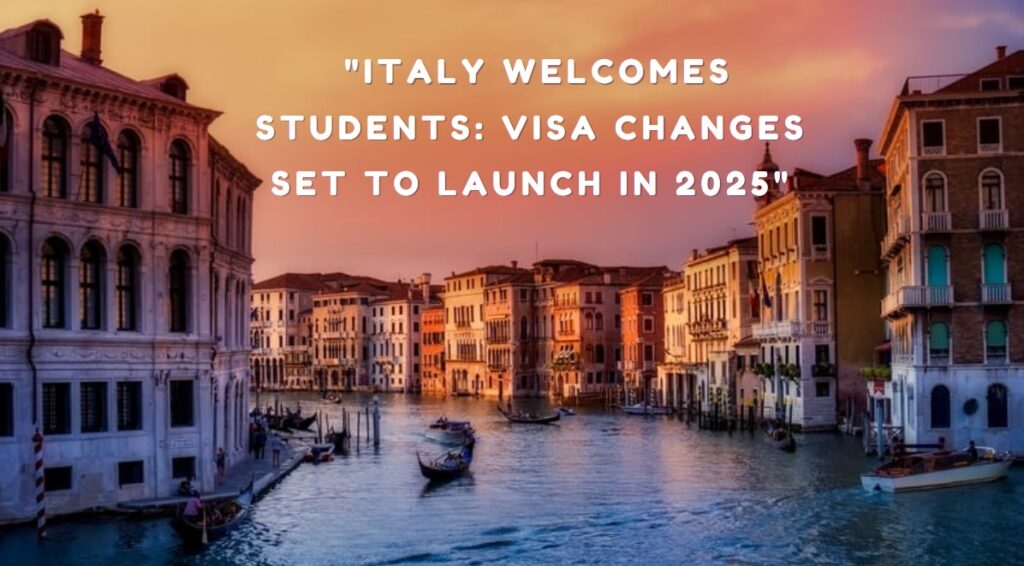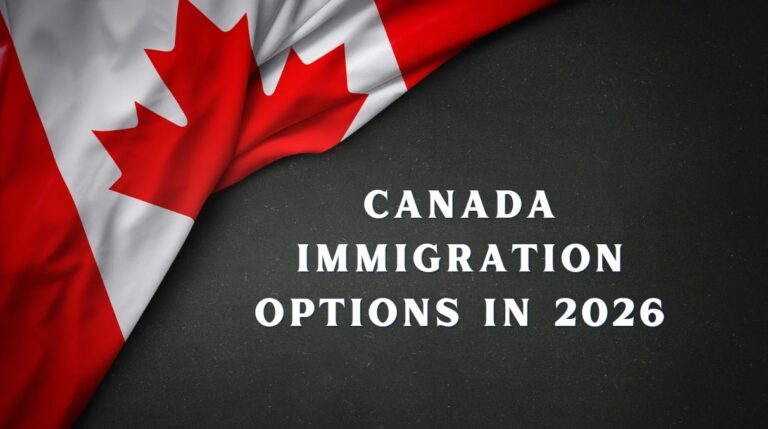
New Italian Visa Policy: How Will It Impact Study Abroad Aspirations?
Starting January 10, 2025, students planning to study in Italy for programs longer than 90 days will need to schedule individual appointments for fingerprinting at Italian consulates. This change, which applies to applicants for Type D visas, is raising concerns about its potential to disrupt the study abroad experience.
The New Requirement: What’s Changing?
Previously, many universities relied on “batch processing” to streamline visa applications for groups of students. However, the new policy eliminates this convenience, requiring each applicant to undergo fingerprinting individually. While aimed at enhancing security, this move has stirred debates on its unintended consequences for students and Italian consulates alike.
Key Challenges for Students and Institutions
- Increased Costs and Logistics:
- Many students will face added expenses for travel to consulates, often located far from their homes or universities. These costs, combined with time-consuming logistics, could make studying abroad less appealing.
- Longer Wait Times:
- The demand for individual appointments may lead to significant delays, causing frustration and uncertainty for students trying to meet program deadlines.
- Elimination of Batch Processing:
- Universities that previously helped students secure visas efficiently through batch submissions will now have to manage individualized applications, increasing administrative burdens.
Voices of Concern
Melissa Torres, CEO of Forum on Education Abroad, expressed apprehension about the ripple effects of this policy. “In addition to the increased expense, many students will incur travelling to a consulate and the likelihood of massive wait times for visa appointments, I am concerned that this new requirement will impact students’ decision to spend a full semester abroad,” she told The PIE News.
Similarly, Jill Allen Murray, NAFSA’s deputy executive director of public policy, highlighted the strain on institutions and consulates. She noted, “The policy change also effectively eliminates the option for ‘batch’ processing… and increases the administrative demands on each Italian consulate.”
Italy: A Leading Study Abroad Destination
Italy’s allure for US students has been undeniable. In the 2022-23 academic year, it ranked as the top study-abroad destination, attracting 15% of all US students studying overseas. This represents a remarkable 37% increase from the previous year, underscoring its cultural and academic appeal.
However, this policy change might shift the trend. US stakeholders warn it could discourage students from pursuing long-term programs in Italy, especially as many are already gravitating toward shorter study-abroad experiences.
What’s at Stake?
Italy’s popularity as a study-abroad destination is tied not just to its rich history and vibrant culture but also to the seamless processes that once supported students’ aspirations. By adding hurdles, this policy risks pushing students toward other destinations with less cumbersome requirements.
The Road Ahead
While the policy is intended to enhance security, its implementation may require reconsideration to strike a balance between ensuring safety and preserving Italy’s status as a premier study-abroad choice. Universities, consulates, and policymakers must collaborate to address these challenges, ensuring that aspiring students continue to enjoy the transformative experience of studying in Italy.
For students planning their 2025 study-abroad journeys, staying informed about the evolving visa requirements will be essential. Planning early, seeking guidance from educational advisors, and exploring alternative options can help navigate this new landscape.
Looking forward to getting more information on the migration program Call or WhatsApp us 00974 4493 4528
Connect with us to get updates on our regular Immigration and hiring updates 🤝🏻
💬Official Whatsapp Channel | 💬 Whatsapp Community | 👍 Facebook | 📸 Instagram | 💼 LinkedIn







